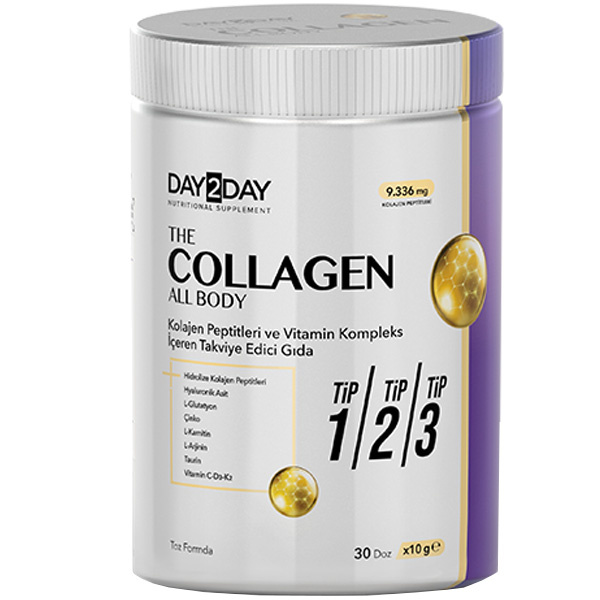
- Day2day
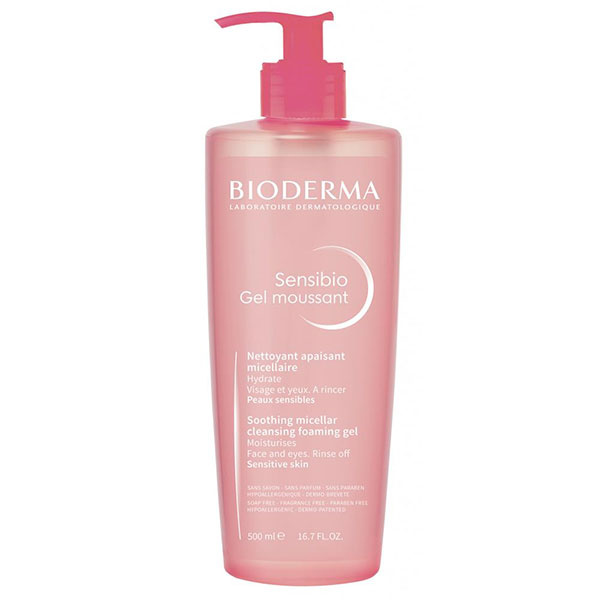
- Bioderma
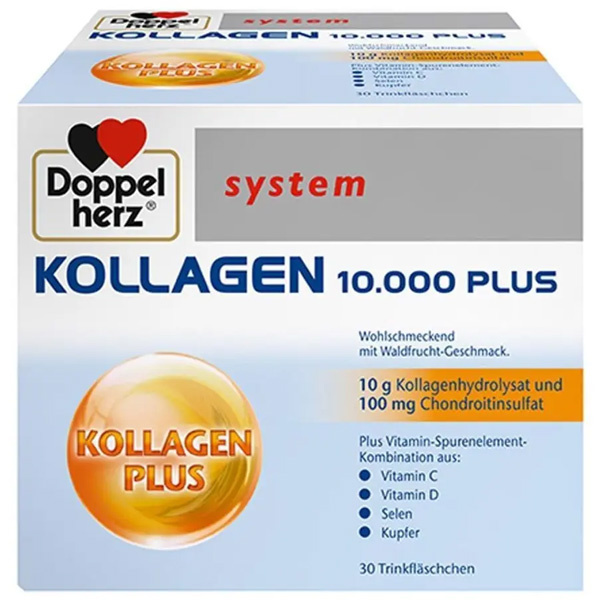
- Doppelherz
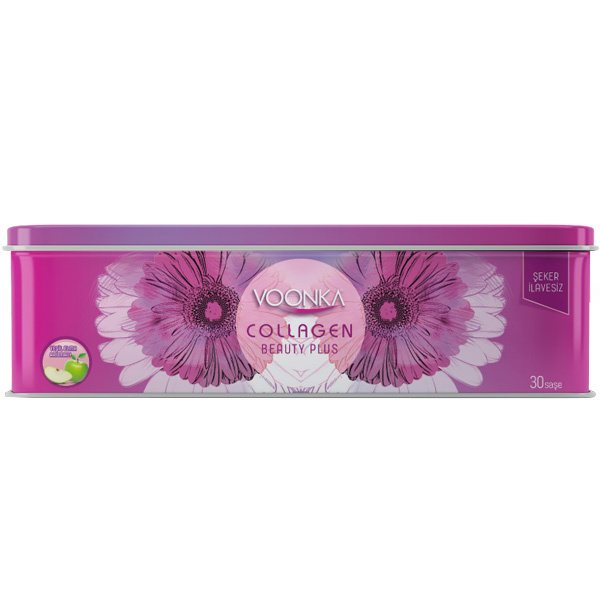
- Voonka
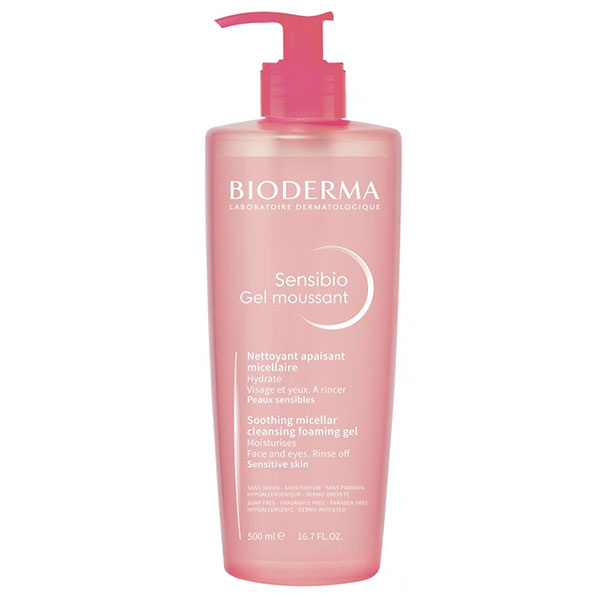
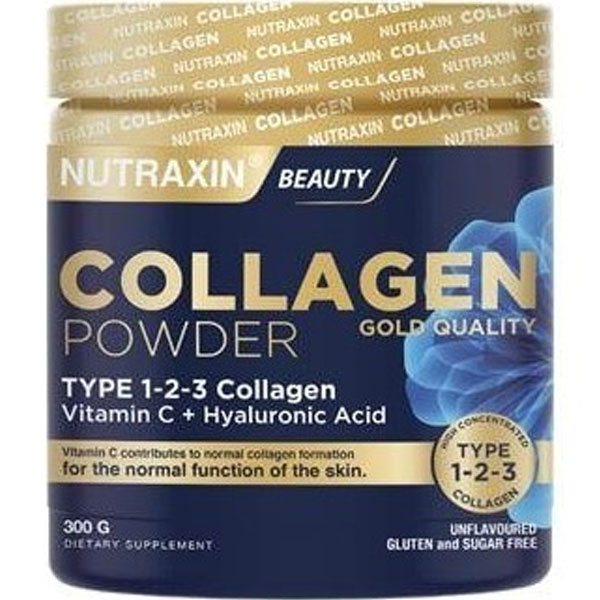
- Nutraxin
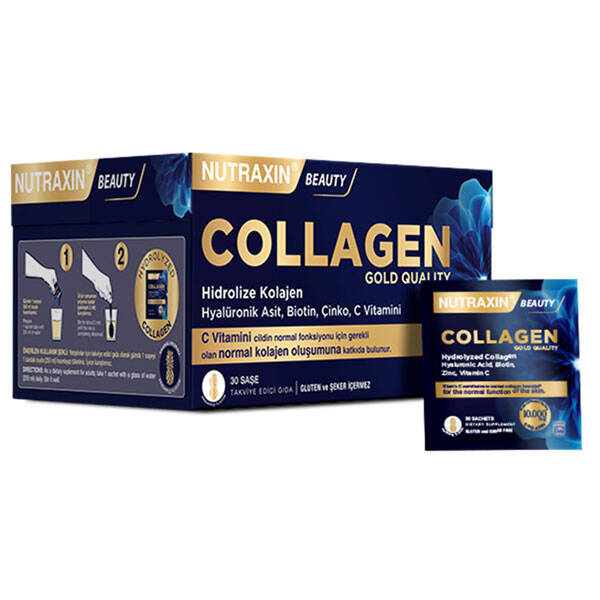
- Nutraxin
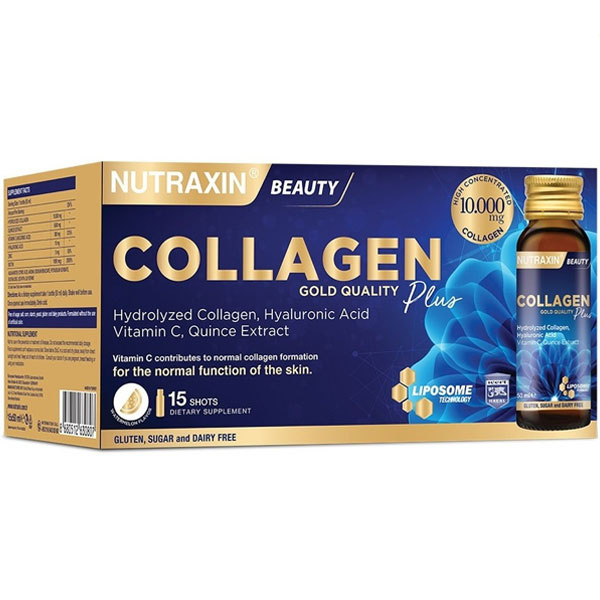
- Nutraxin
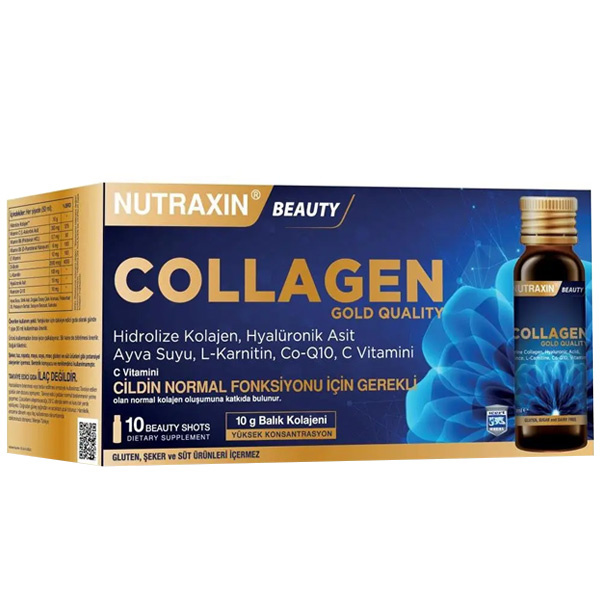
- Nutraxin
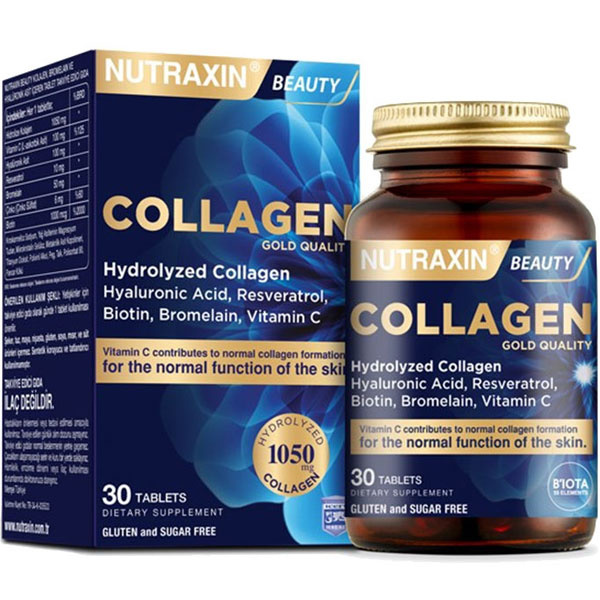
- Nutraxin
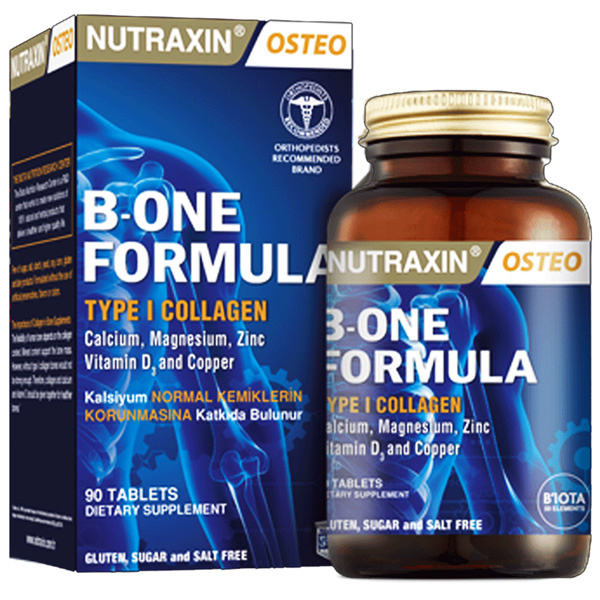
- Nutraxin
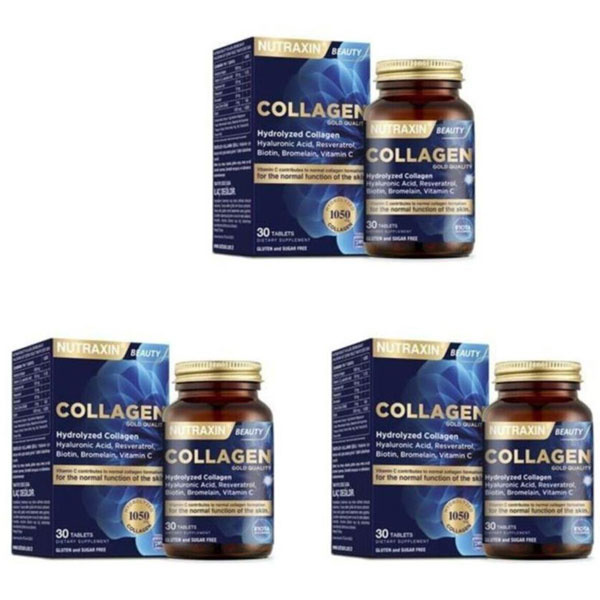
- Nutraxin
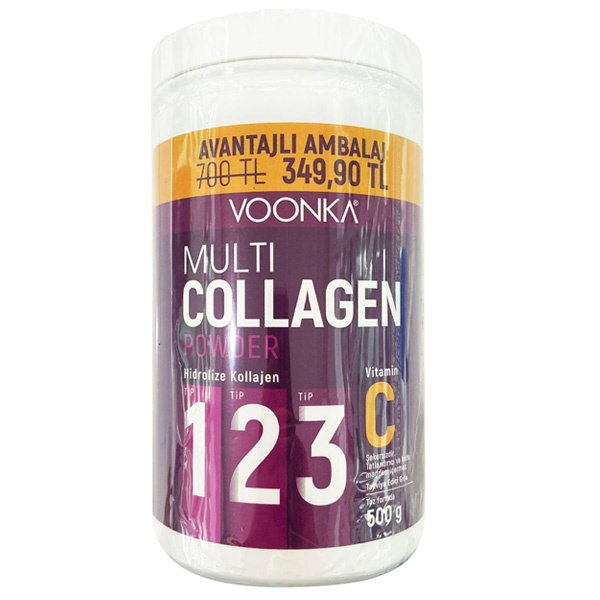
- Voonka
- Voonka
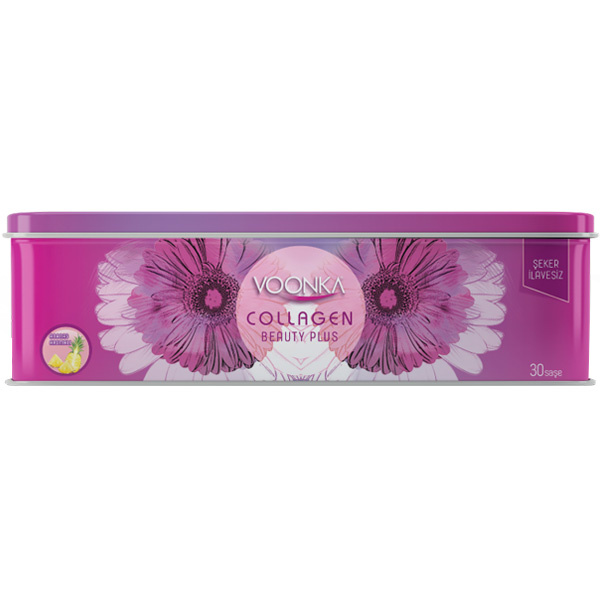
- Voonka
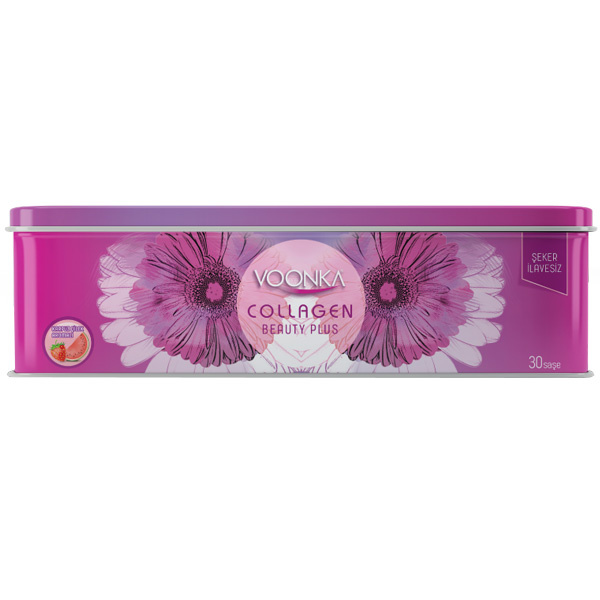
- Voonka
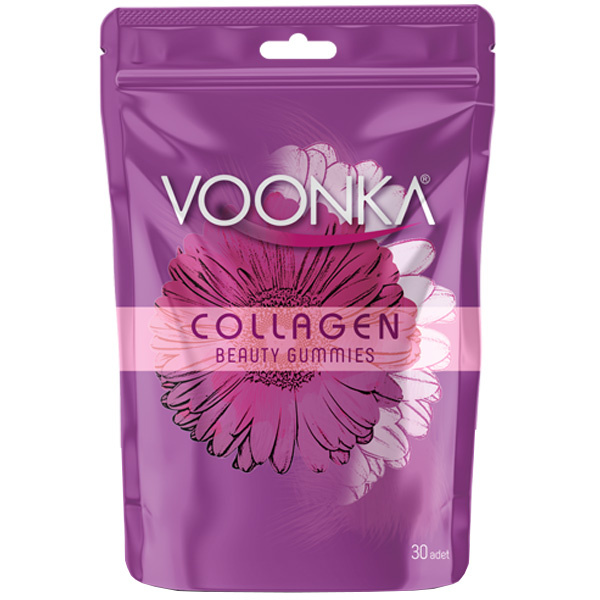
- Voonka
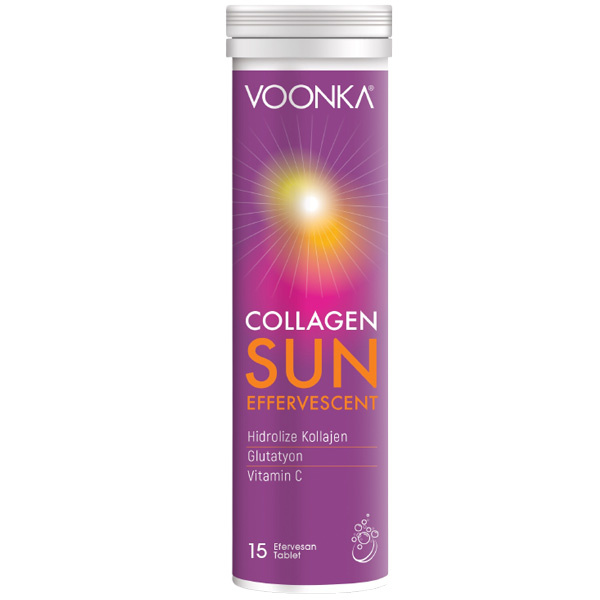
- Voonka
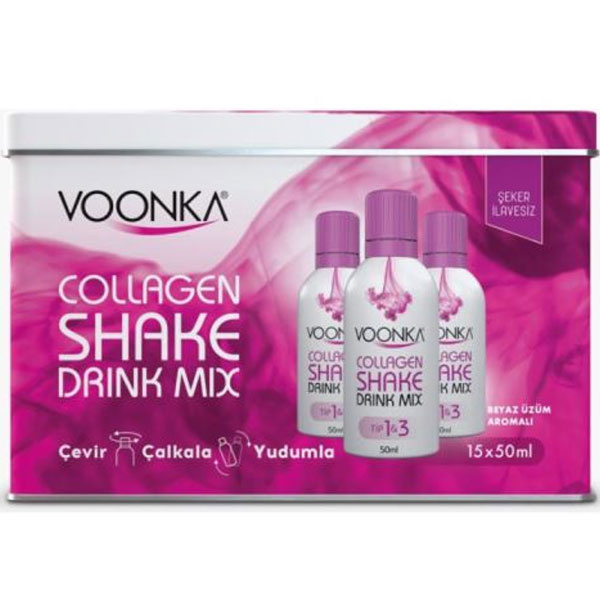
- Voonka
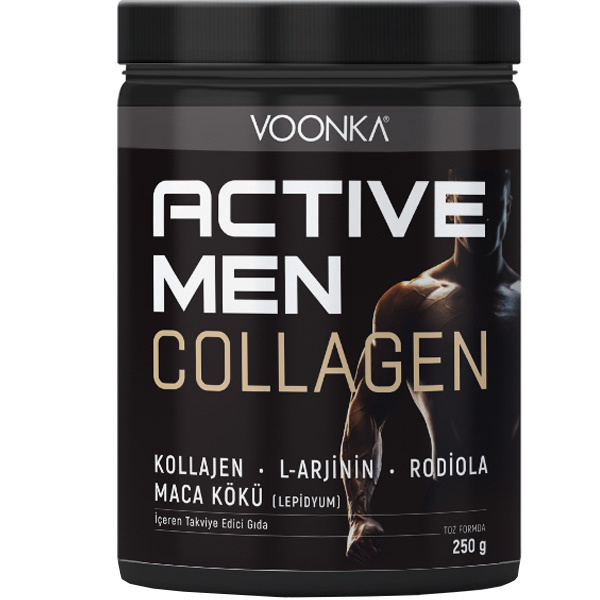
- Voonka
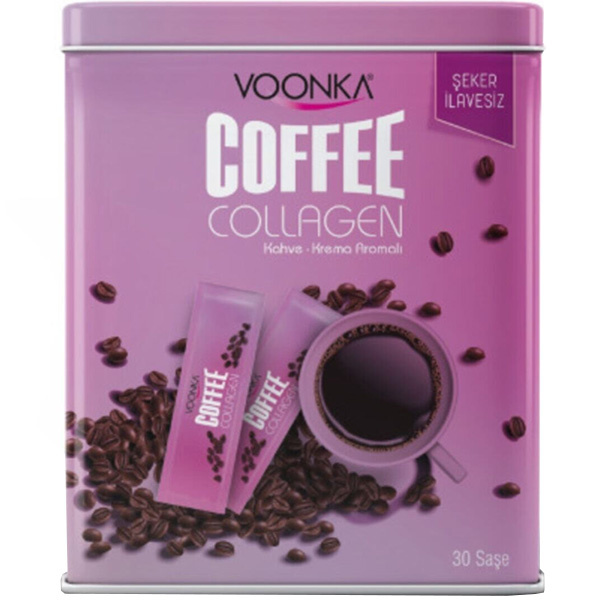
- Voonka
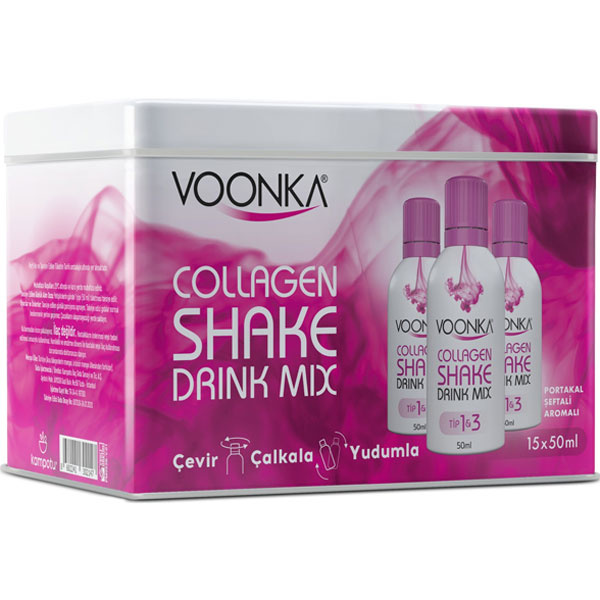
- Voonka
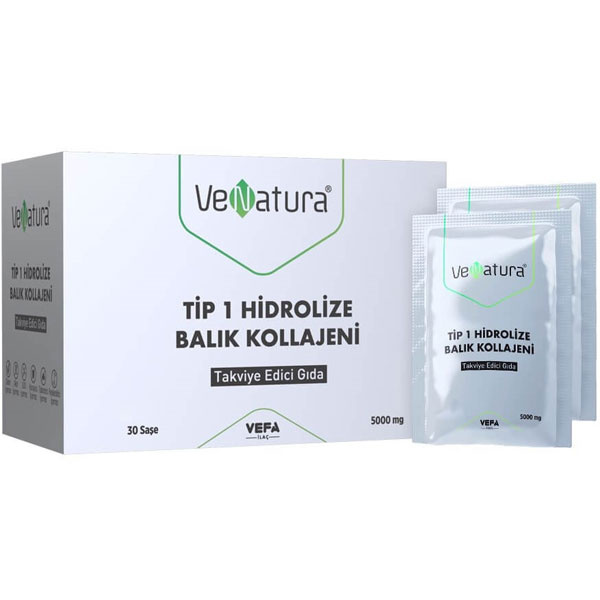
- Venatura
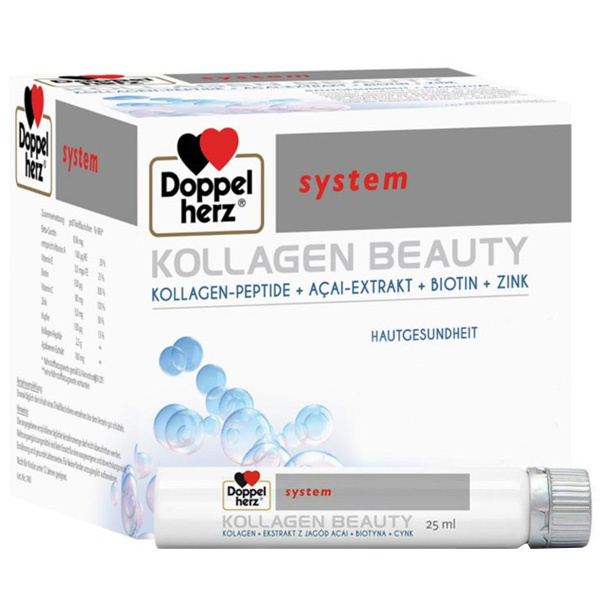
- Doppelherz
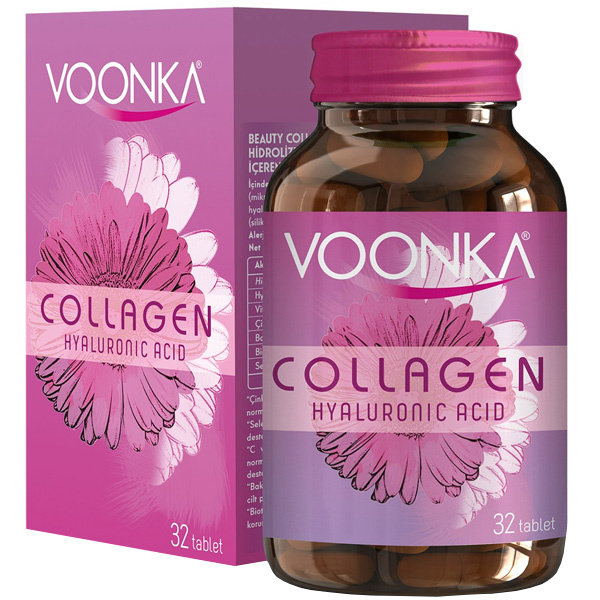
- Voonka
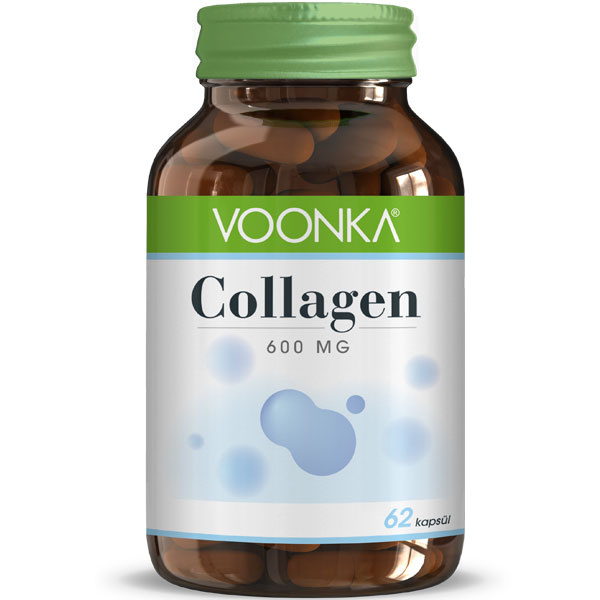
- Voonka
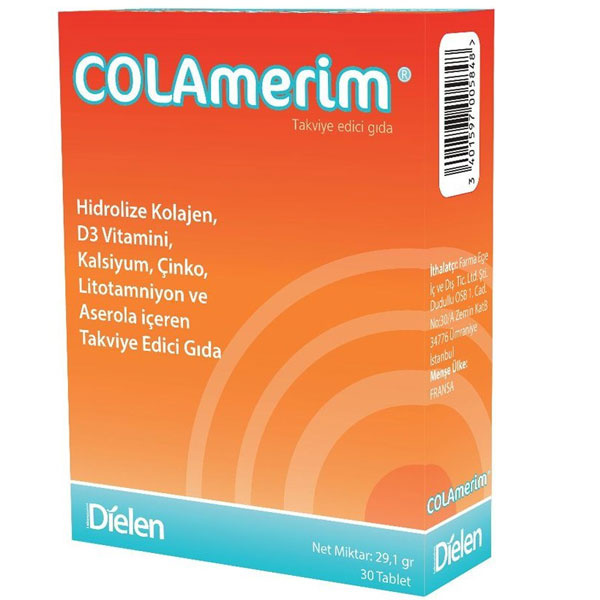
- Colamerim

- CH Alpha Fortigel
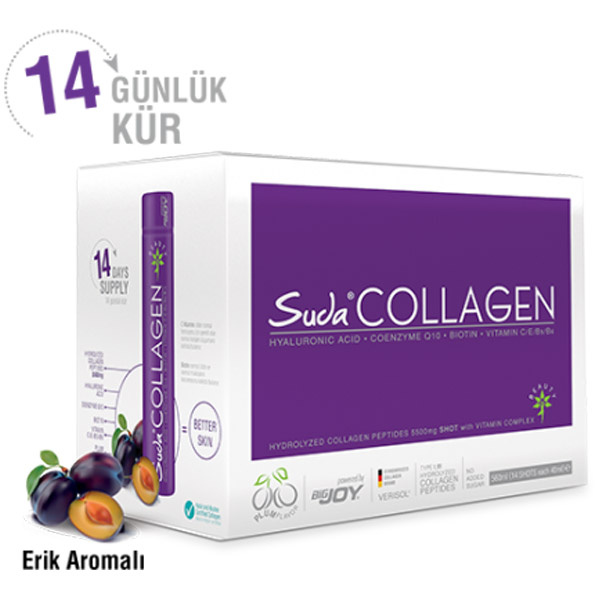
- Suda Collagen
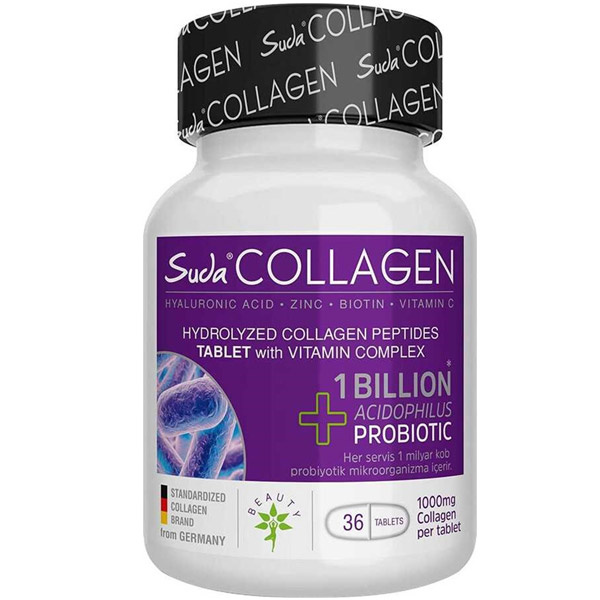
- Suda Collagen
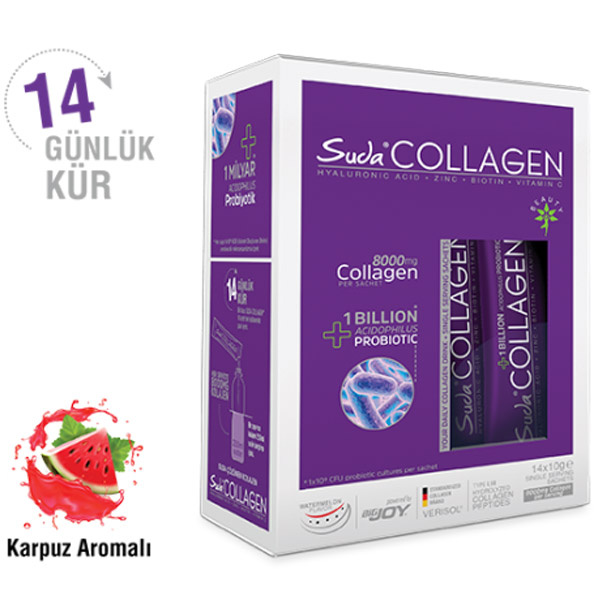
- Suda Collagen
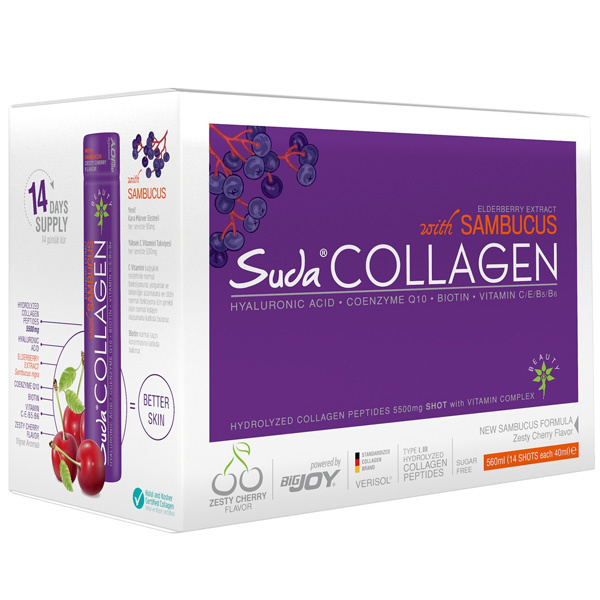
- Suda Collagen
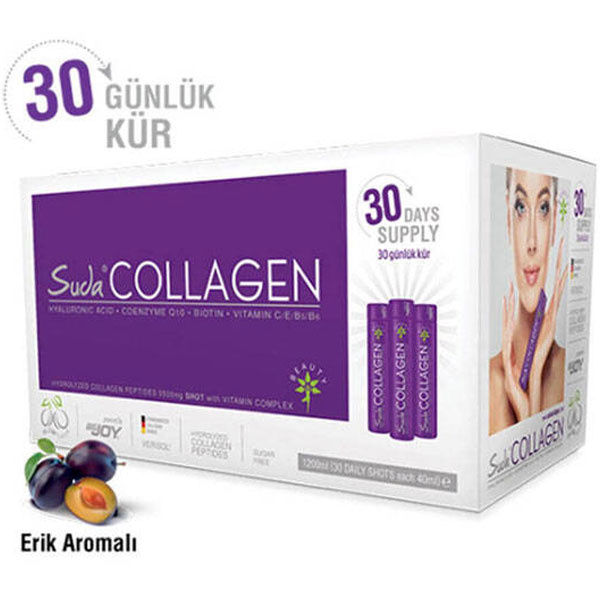
- Suda Collagen
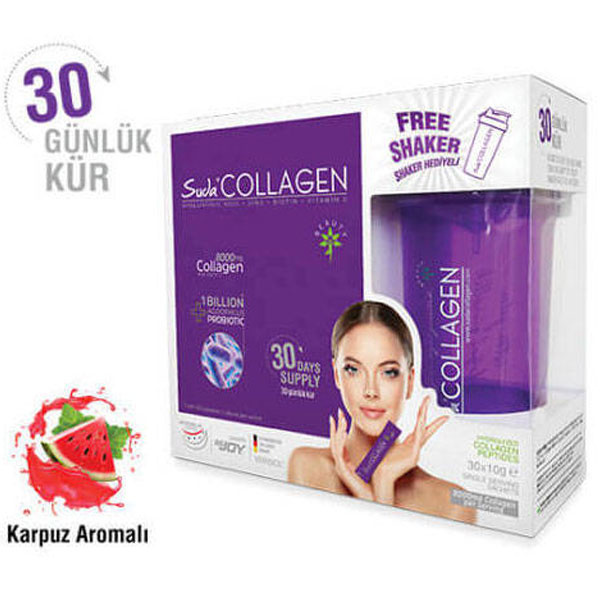
- Suda Collagen
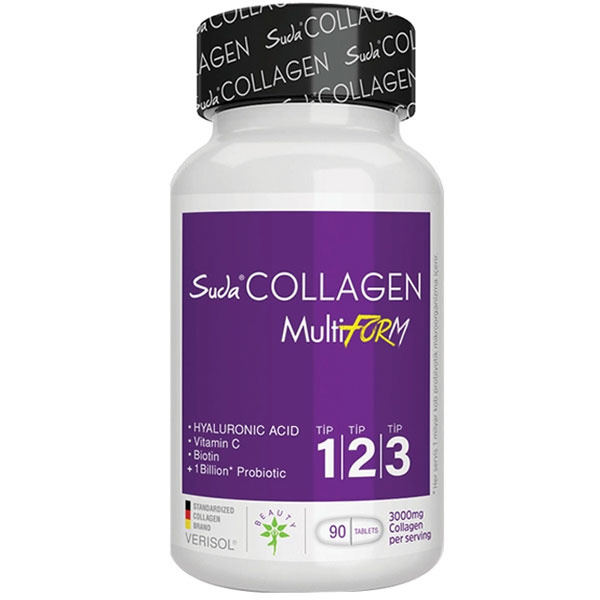
- Suda Collagen
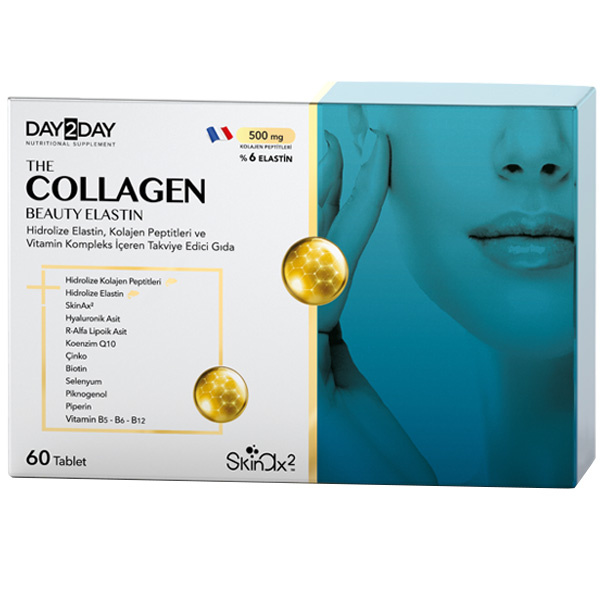
- Day2day
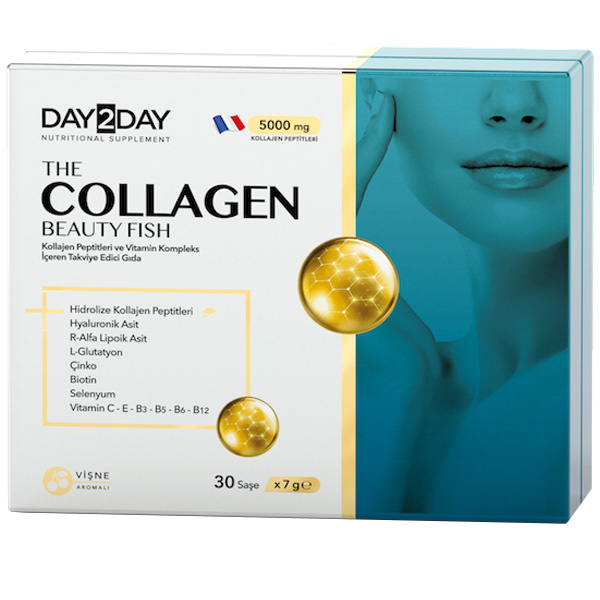
- Day2day
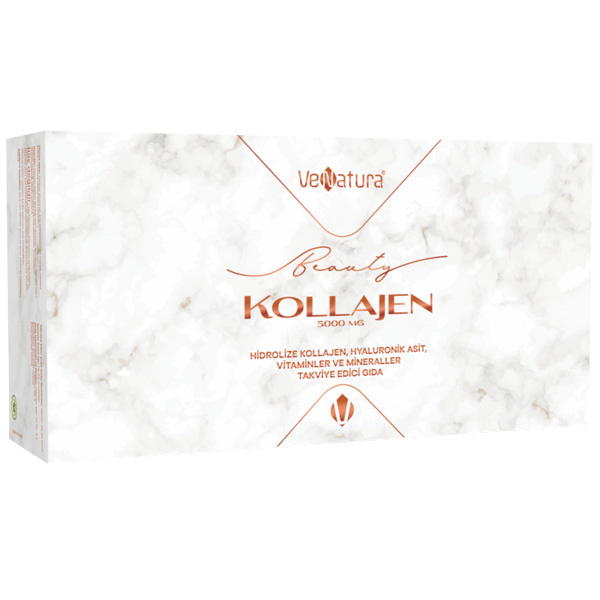
- Venatura
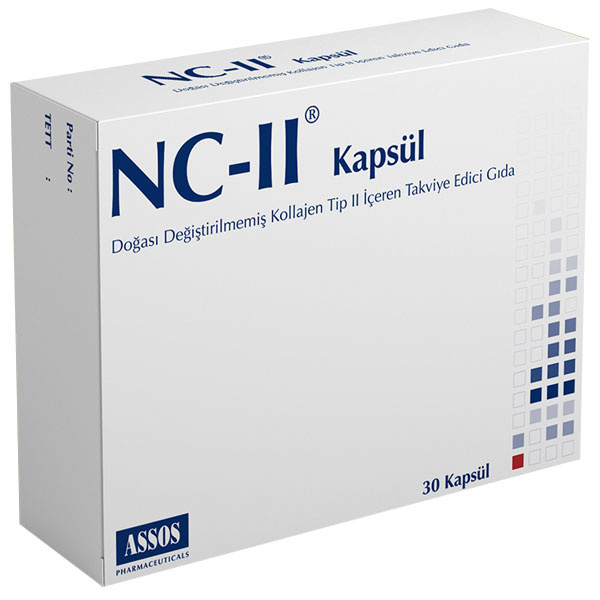
- Assos Pharma
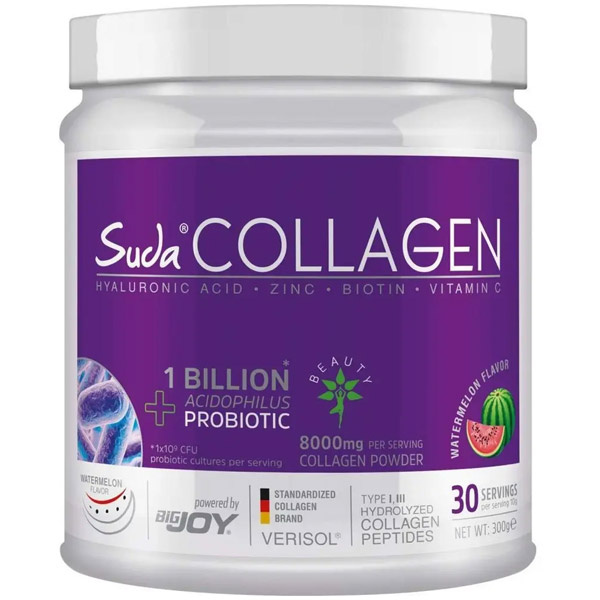
- Suda Collagen

- Suda Collagen
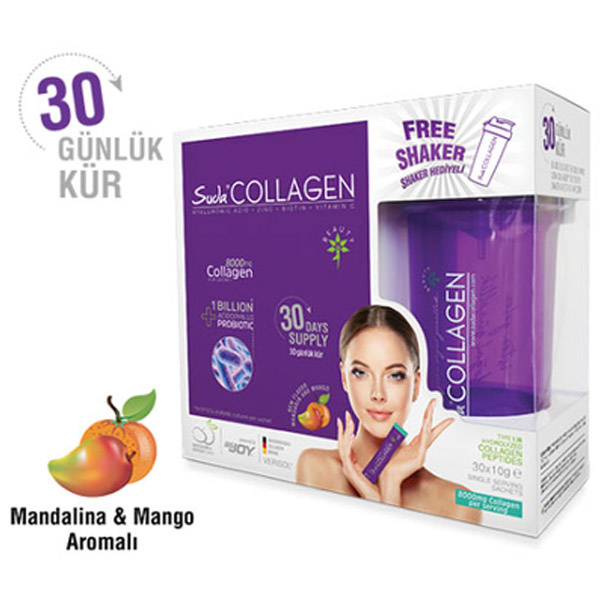
- Suda Collagen
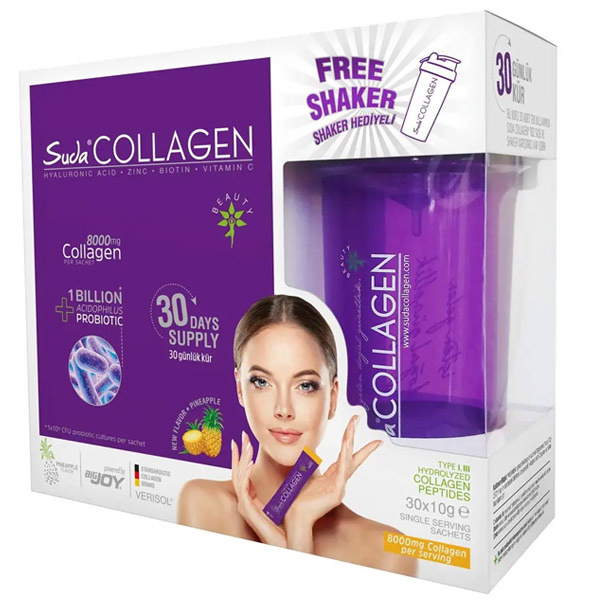
- Suda Collagen
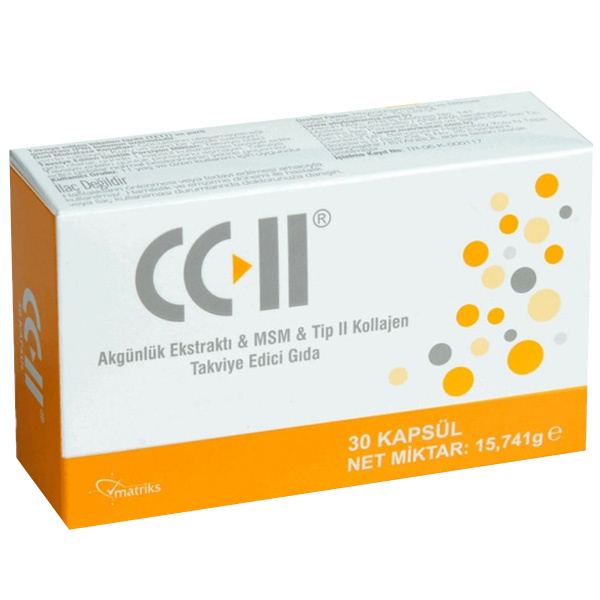
- Matriks
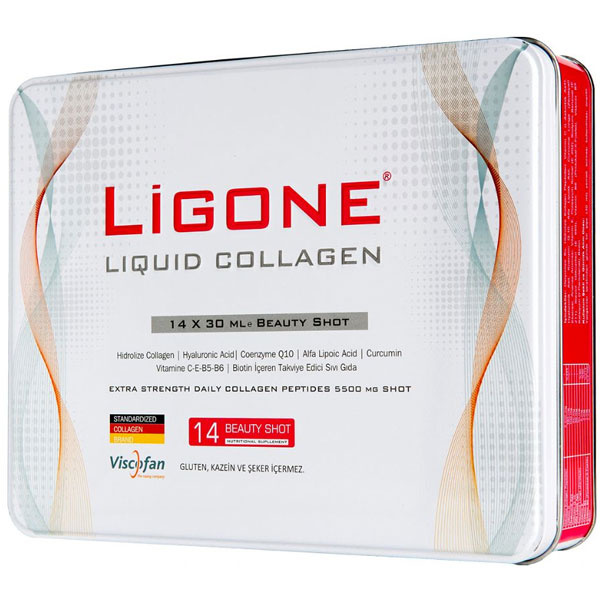
- Rcfarma
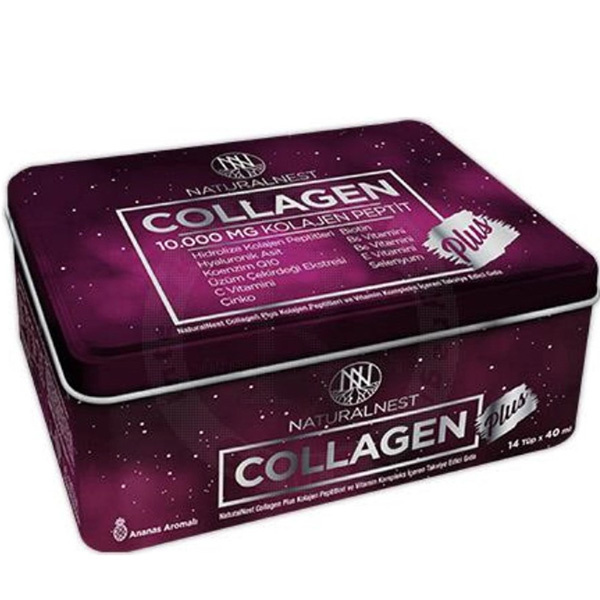
- Naturalnest
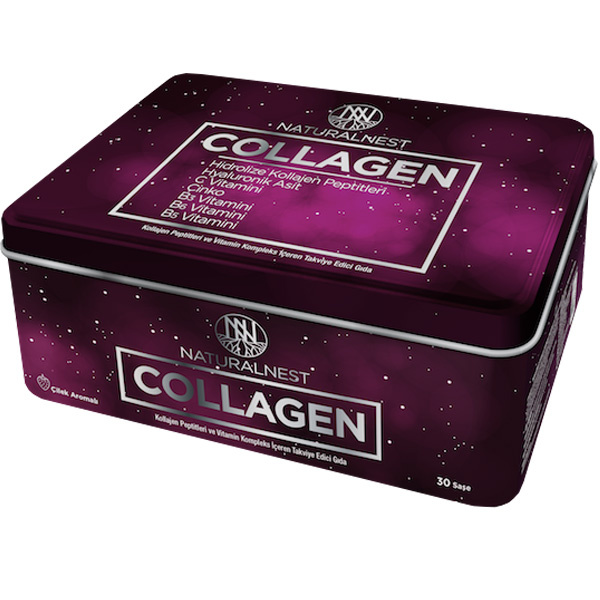
- Naturalnest
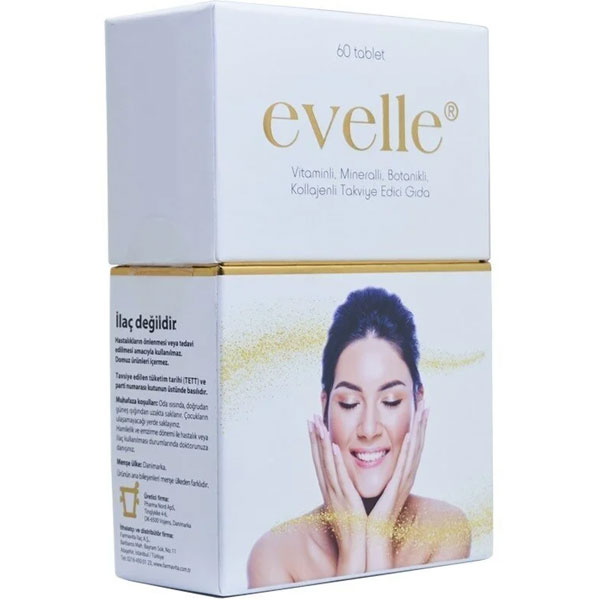
- Farmavita
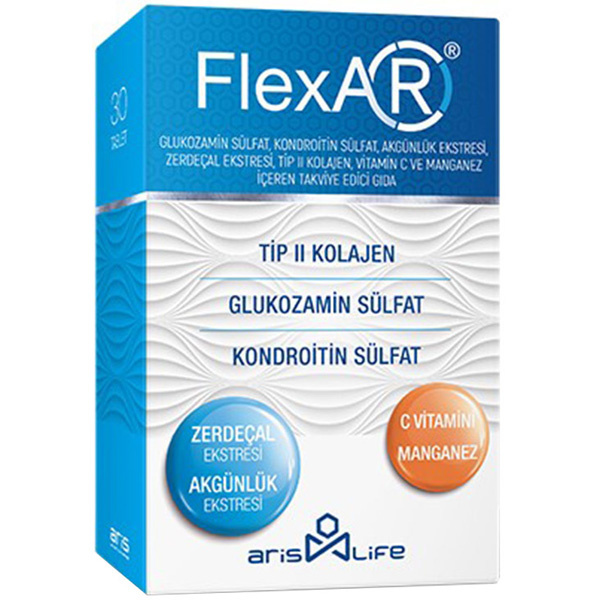
- Aris Life
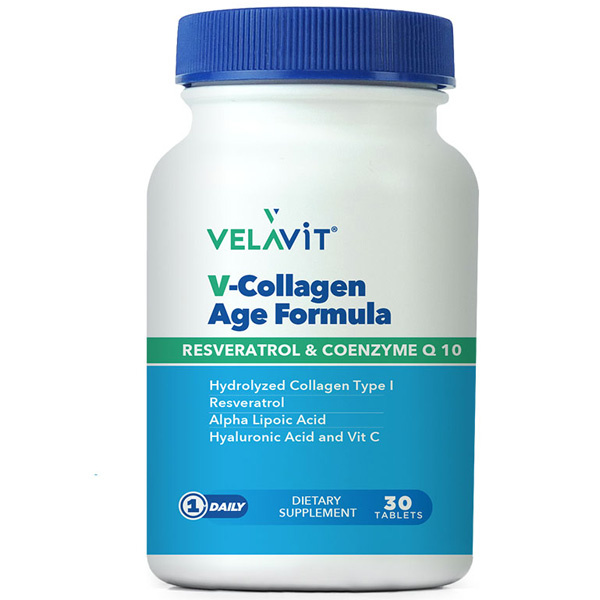
- Velavit

About Us
Consulting about Sensitive Skin
We have extensive experience in sales, direct export deliveries. We have been supplying Turkey and shipping to Georgia, Russia, Russia and Europe for over 10 years.
- Supply planning for 3, 6, 12 months
- Finding warehouses with the right volumes for optimal logistics
- Organising export deliveries to Asia, Africa, Europe and Russia
Sensitive Skin Wholesale: Understanding and Caring for Sensitive Skin
What is Sensitive Skin?
Sensitive skin is a skin type that reacts easily to various triggers, such as harsh weather, certain skincare products, or stress. People with sensitive skin may experience symptoms such as redness, itching, burning, or even breakouts. It is important to understand that sensitive skin is not a medical condition, but rather a personal skin type that requires special care.
Understanding the Causes of Sensitive Skin
There are several factors that can cause sensitive skin, including genetics, environmental factors, and skin damage. People with fair skin are more likely to have sensitive skin, as the thin skin provides less protection against external irritants. Exposure to harsh chemicals, pollutants, and UV rays can also weaken the skin's barrier, leading to sensitivity. In some cases, certain skin conditions, such as rosacea, eczema, or psoriasis, can also cause sensitive skin.
Choosing the Right Skincare Products for Sensitive Skin
Caring for sensitive skin requires a gentle approach, as harsh ingredients and products can worsen the symptoms. When choosing skincare products for sensitive skin, it is important to look for products that are free of fragrances, alcohols, and other irritants. A gentle, fragrance-free cleanser, a light moisturizer, and a broad-spectrum sunscreen are the basic products needed to care for sensitive skin.
Sensitive Skin-Friendly Ingredients to Look For
There are several ingredients that can help soothe and protect sensitive skin, including:
- Aloe vera: Aloe vera is a natural ingredient that has anti-inflammatory properties and can help soothe and hydrate sensitive skin.
- Chamomile: Chamomile is a natural ingredient that has anti-inflammatory and calming properties, making it ideal for sensitive skin.
- Vitamin C: Vitamin C is a powerful antioxidant that can help protect the skin from damage and promote a healthy skin barrier.
- Niacinamide: Niacinamide is a form of vitamin B3 that has been shown to improve skin hydration, reduce redness, and improve the skin's barrier function.
Tips for Caring for Sensitive Skin
- Avoid harsh products: As mentioned earlier, harsh products can worsen sensitive skin symptoms. Avoid products that contain fragrances, alcohols, and other irritants.
- Use gentle, fragrance-free products: Choose products that are gentle and fragrance-free to minimize irritation.
- Be mindful of the environment: Avoid exposing your skin to harsh weather and pollutants, and always wear a broad-spectrum sunscreen to protect your skin from UV damage.
- Maintain a healthy diet: A healthy diet can improve the overall health of your skin, so make sure to eat a balanced diet rich in vitamins and antioxidants.
Conclusion
Sensitive skin requires special care and attention to minimize irritation and promote a healthy skin barrier. By choosing the right skincare products, being mindful of the environment, and maintaining a healthy diet, you can effectively care for your sensitive skin and keep it looking its best.
Frequently Asked Questions about Sensitive Skin Wholesale
1. Is sensitive skin a medical condition?
No, sensitive skin is not a medical condition. It is a personal skin type that refers to skin that reacts easily to various triggers, such as harsh weather, certain skincare products, or stress. People with sensitive skin may experience symptoms such as redness, itching, burning, or even breakouts.
2. What causes sensitive skin?
There are several factors that can cause sensitive skin, including genetics, environmental factors, and skin damage. People with fair skin are more likely to have sensitive skin, as the thin skin provides less protection against external irritants. Exposure to harsh chemicals, pollutants, and UV rays can also weaken the skin's barrier, leading to sensitivity. In some cases, certain skin conditions, such as rosacea, eczema, or psoriasis, can also cause sensitive skin.
3. What skincare products are best for sensitive skin?
Caring for sensitive skin requires a gentle approach, as harsh ingredients and products can worsen the symptoms. When choosing skincare products for sensitive skin, it is important to look for products that are free of fragrances, alcohols, and other irritants. A gentle, fragrance-free cleanser, a light moisturizer, and a broad-spectrum sunscreen are the basic products needed to care for sensitive skin.
4. Can sensitive skin be cured?
Sensitive skin is not a medical condition, so it cannot be cured. However, with proper care and attention, people with sensitive skin can minimize their symptoms and improve the overall health of their skin. This includes choosing the right skincare products, being mindful of the environment, and maintaining a healthy diet.
5. Are there any natural ingredients that are good for sensitive skin?
Yes, there are several natural ingredients that can help soothe and protect sensitive skin, including aloe vera, chamomile, vitamin C, and niacinamide. These ingredients have anti-inflammatory and calming properties, making them ideal for sensitive skin. When choosing skincare products, look for products that contain these ingredients to help soothe and protect your sensitive skin.
Sources of Information on Sensitive Skin
If you have sensitive skin, it can be helpful to gather information and resources to help you better understand your skin type and the best ways to care for it. Here are some trusted sources of information on sensitive skin:
1. Dermatologists
A dermatologist is a medical professional who specializes in skin health and can provide personalized recommendations based on your skin type and concerns. They can also diagnose and treat any skin conditions that may be contributing to your sensitive skin.
2. Skincare Brands
Many skincare brands offer resources and information about sensitive skin on their websites, including product recommendations, tips for caring for sensitive skin, and information about ingredients.
3. Online Forums
Online forums, such as those found on Reddit or Facebook, can provide a wealth of information and support from others who are also living with sensitive skin. These communities can be a great place to ask questions, share your experiences, and learn from others.
4. Beauty and Lifestyle Magazines
Beauty and lifestyle magazines often feature articles on sensitive skin, including skincare tips, product reviews, and expert advice. You can also find many articles on sensitive skin online, including on popular websites like Allure, Vogue, and Elle.
5. Medical Websites
Medical websites, such as the American Academy of Dermatology, offer comprehensive information on sensitive skin, including causes, symptoms, and treatment options. These websites are a great resource for accurate and reliable information on sensitive skin.
By gathering information from these sources, you can become more knowledgeable and confident in caring for your sensitive skin and achieving healthy, glowing skin.
At Open-NearMe.com, our passionate community of contributors brings you firsthand insights into Singapore's top attractions. From iconic landmarks like Marina Bay Sands and Sentosa Island to lesser-known treasures like Haji Lane's artistic alleyways and East Coast Park's serene beaches, we've got you covered with detailed reviews, stunning photography, and insider tips.
